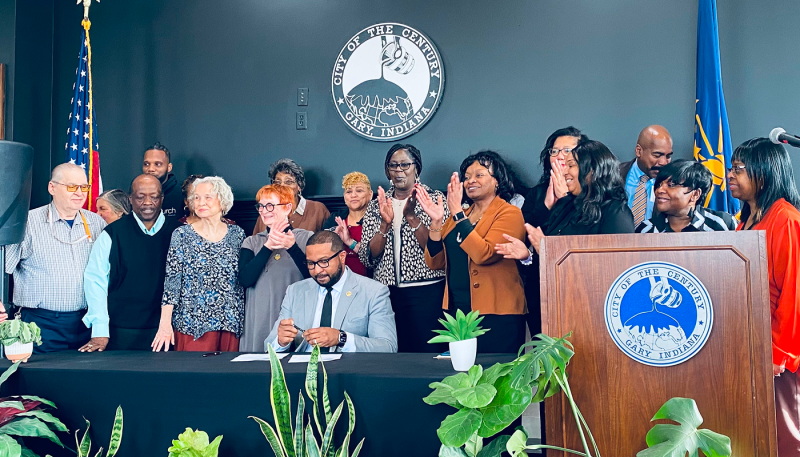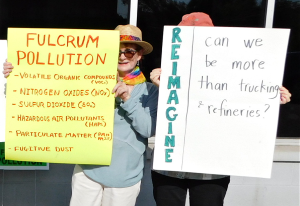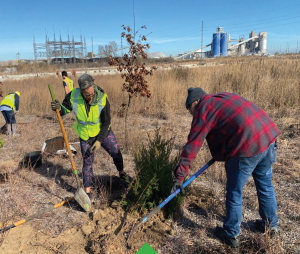
Gary Advocates for Responsible Development (GARD) works to ensure that economic development in Gary, Indiana protects public health, neighborhoods, and natural resources. GARD was initially founded in 2021 to oppose Fulcrum BioEnergy’s proposed waste-to-energy plant, which planned to convert 700,000 annual tons of trash into jet fuel near Gary’s lakeshore. The city’s predominantly Black and low-income residents already live alongside steel mills, Superfund sites, and brownfields, all of which contribute to elevated cancer rates and respiratory disease. In 2024, the Fulcrum proposal was halted, validating GARD’s claims that the process wouldn’t work and sparing residents from its risks. GARD continues to fight harmful developments and advocate for cleaner alternatives that will create green jobs and revitalize the city. By challenging polluting industries and promoting sustainable development, GARD aims to help reshape Gary’s economy into one that prioritizes environmental health and justice.

GARD members rally against Fulcrum BioEnergy’s plans to build a plastic-to-fuel conversion plant on the shores of Lake Michigan. Photo provided by GARD.
GARD is led by nine volunteer board members and a support base of 350 local residents. When a new mayor took office in 2024, GARD helped make environmental sustainability a priority in his administration. That same year they hosted Growing Gary Green, the city’s first conference on environmental sustainability, drawing 125 attendees. Local steel mills are major polluters in Northwest Indiana, driving high rates of asthma, cardiovascular disease, and early death. GARD’s Green Steel Committee is pushing these mills to replace outdated blast furnaces with cleaner technology. Members monitor proposed developments and environmental permits that could harm local residents and actively campaign against those that threaten public health. By cleaning up and restoring industrial lands, educating residents about green steel technologies, and opposing polluting industries, GARD is a building cleaner local economy that supports, rather than sacrifices, Gary’s frontline communities.

GARD and Carmeuse Lime & Stone workers plant trees near Gary’s lakefront. Photo provided by GARD.